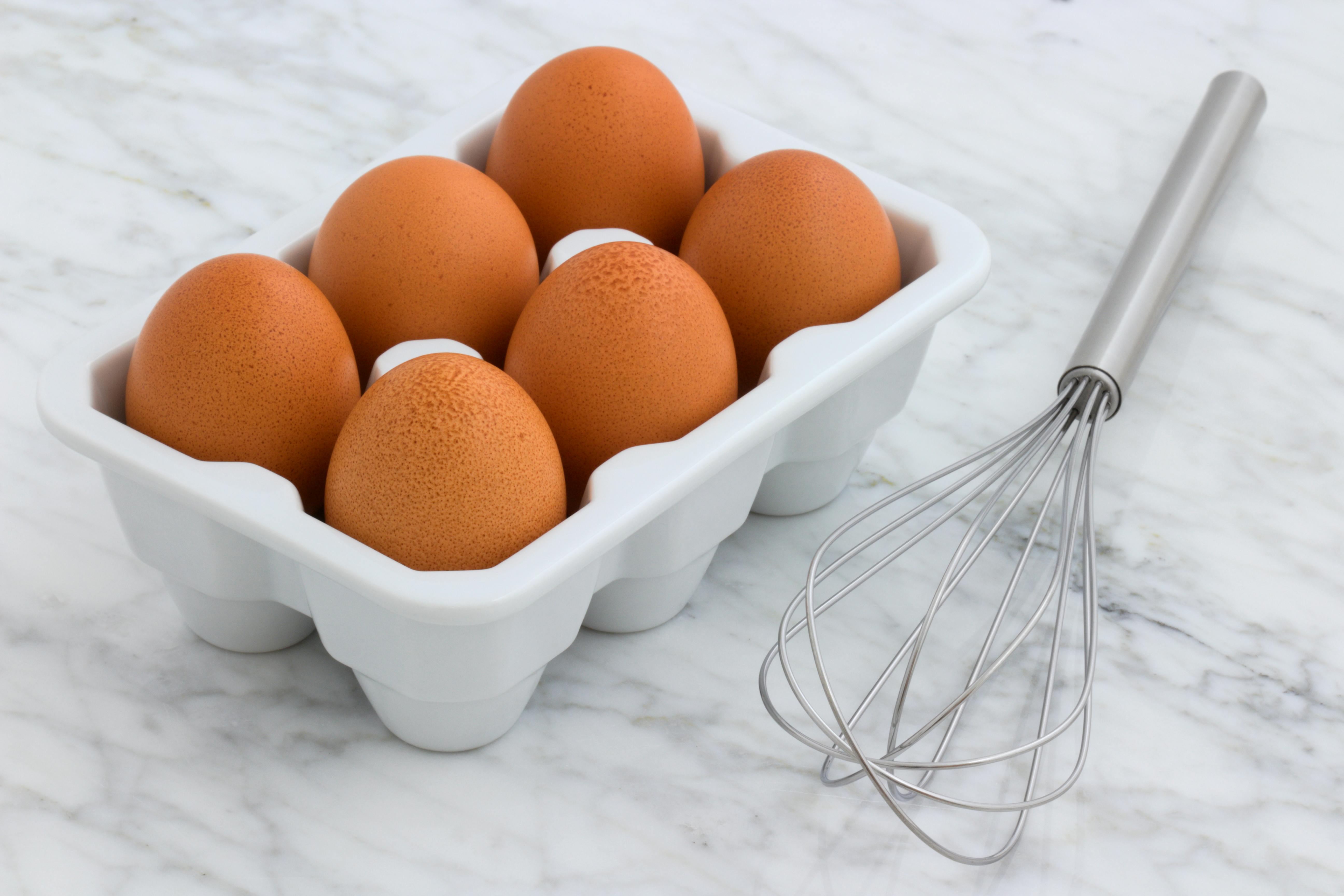Effective Ways to Clean Your Retainer for a Fresh Smile in 2025
Keeping your retainer clean is essential for maintaining **dental hygiene** and ensuring that your smile stays bright. With the right **retainer care tips** and effective **cleaning techniques**, you can prolong the life of your retainer and keep it free from bacteria and stains. In this article, we will explore the **best ways to clean retainers**, DIY cleaning methods, and the importance of maintaining oral hygiene while wearing a retainer.
Daily Retainer Care
Implementing a **daily retainer care** routine is crucial for preventing plaque buildup and ensuring your retainer remains fresh. First and foremost, always rinse your retainer with **water** immediately after removing it. This simple action can help wash away food particles and saliva, which can encourage bacterial growth. Additionally, using a soft-bristled **toothbrush** specifically designed for retainers can further aid in removing any remaining debris without damaging the material.
Using Baking Soda to Clean Retainers
Baking soda is a popular choice for those seeking **DIY retainer cleaning methods**. To use baking soda, create a paste by mixing it with a small amount of water. Gently scrub your retainer with this paste using a soft brush. Not only does it help remove stains and odor, but baking soda has natural deodorizers that can make your retainer smell fresh. Rinse thoroughly afterward to ensure all residue is removed.
Cleaning Retainers with Vinegar
Another effective method for cleaning retainers is using vinegar. Mix equal parts of water and white vinegar in a bowl. Soak your retainer in this solution for about 30 minutes. Vinegar is an excellent **cleaning solution for retainers** that can help dissolve any accumulated plaque while also disinfecting the appliance. After soaking, brush gently with a soft toothbrush, then rinse well with **water** to eliminate any vinegar taste.
How Often to Clean Retainers
Determining the appropriate frequency for cleaning your retainer is essential for optimal **retainer hygiene practices**. Ideally, you should perform a deep clean of your retainer at least once a week. This includes soaking it in a disinfecting solution or gently scrubbing it with an approved cleaner. Daily rinsing after removal is also advisable, as it can dramatically reduce buildup, making deep cleanings more effective.
Minimizing Odors on Retainers
To effectively minimize odors on your retainer, incorporate a daily routine of rinsing and scrubbing. After meals, you should clean your retainer with **soap and water**; this simple action prevents complex odors from lingering. Additionally, regular soaking in a mouthwash or a vinegar solution fosters freshness and cleanliness, adding to your retainers' overall aromatic experience.
Cleaning Retainers Before Meals
It is crucial to clean your retainer before meals if you want to maintain optimal freshness. Use this opportunity to soak your retainer in a cleaning solution of your choice while you are eating. After your meal, rinse your retainer in **water**, as this removes any food particles that may have attached themselves during eating. This practice not only maintains your **retainer care** routine but also contributes positively to your **dental hygiene**.
Safe Cleaning Products for Retainers
Using the right cleaning products is vital in preserving your retainer's integrity. Many commercial cleaners are available specifically designed for **cleaning orthodontic appliances**. Always choose a product that is free from alcohol or harsh chemicals, as these can compromise the material of your retainer. Look for safe **cleaning solutions for retainers** that are gentle yet effective.
Using a Retainer Case
When it comes to storing your retainer, using a dedicated **retainer case** is essential. A good case protects your retainer from bacteria and contamination from the environment. Ensure your case is clean, and consider regularly using a mild cleaning solution to maintain hygiene. Keeping your retainer safe in a case also helps to avoid losing it while traveling or eating out.
Understanding Retainer Material Types
As you learn **how to clean a retainer**, understanding the material your retainer is made from can guide your cleaning methods. Metal retainers may tolerate different cleaning solutions than plastic ones. Always refer to your orthodontist for recommendations tailored to your specific type of retainer for the most effective and safe cleaning approach.
Community Insights and Support
Incorporating insights from the community can help foster a more effective cleaning regimen. Many users share their experiences and practical **retainer care tips** online, making it easier for new wearers to navigate the **importance of regular retainer cleaning**. Engagement in forums or community groups can provide support, share success stories, and discuss common challenges faced when **cleaning retainers**.
Working with Local Dentists for Retainer Care
Consultation with a local dentist can help clarify any questions you may have regarding your cleaning routine. They can provide personalized recommendations for **cleaning not only orthodontic retainers** but also for maintaining optimal oral health. Scheduling periodic check-ups ensures you're on the correct track with your retainers, accountable to professional advice regarding their care.
Advice from Orthodontists on Retainer Cleaning
Orthodontists recommend maintaining a consistent cleaning routine. Establishing a **cleaning schedule for retainers** contributes to keeping them in pristine condition. They suggest utilizing safe, gentle products and caution against using abrasive tools or strong chemicals. Regular reminders and tips can motivate you to clean your retainer while keeping it virtually bacterium-free!
Key Takeaways
- Regular cleaning is essential for maintain a fresh, hygienic retainer.
- Explore different **cleaning methods for dental retainers**, such as using baking soda and vinegar.
- Always use mild cleaning solutions to protect your retainer's material.
- Understand the material type of your retainer for optimal care.
- Engage with the community for support, tips, and shared success stories.
FAQ
1. How often should I clean my retainer?
It's recommended to perform a deep clean at least once a week while rinsing daily after use. Catching buildup early will prevent longer-term issues.
2. Can I use toothpaste to clean my retainer?
It's better to avoid toothpaste as it can be abrasive and scratch your retainer. Instead, use designated retainer cleaners or natural methods like baking soda.
3. Is vinegar a good cleaning solution for retainers?
Yes, vinegar is an excellent natural disinfectant. Soak your retainer in a solution of equal parts vinegar and water for a thorough cleaning.
4. What should I avoid when cleaning my retainer?
Avoid using harsh chemicals, abrasives, or boiling water, as these can damage your retainer. Always choose safe cleaning alternatives.
5. How can I prevent plaque buildup on my retainer?
Regular rinsing after meals and a consistent cleaning routine with appropriate cleaning agents will significantly minimize plaque buildup on your retainer.


